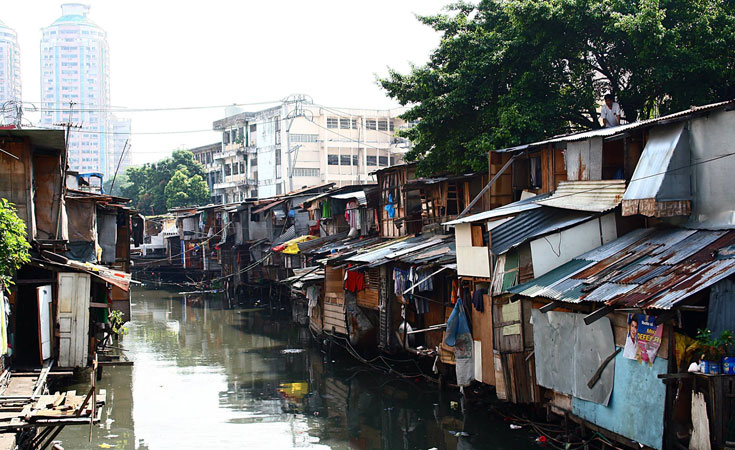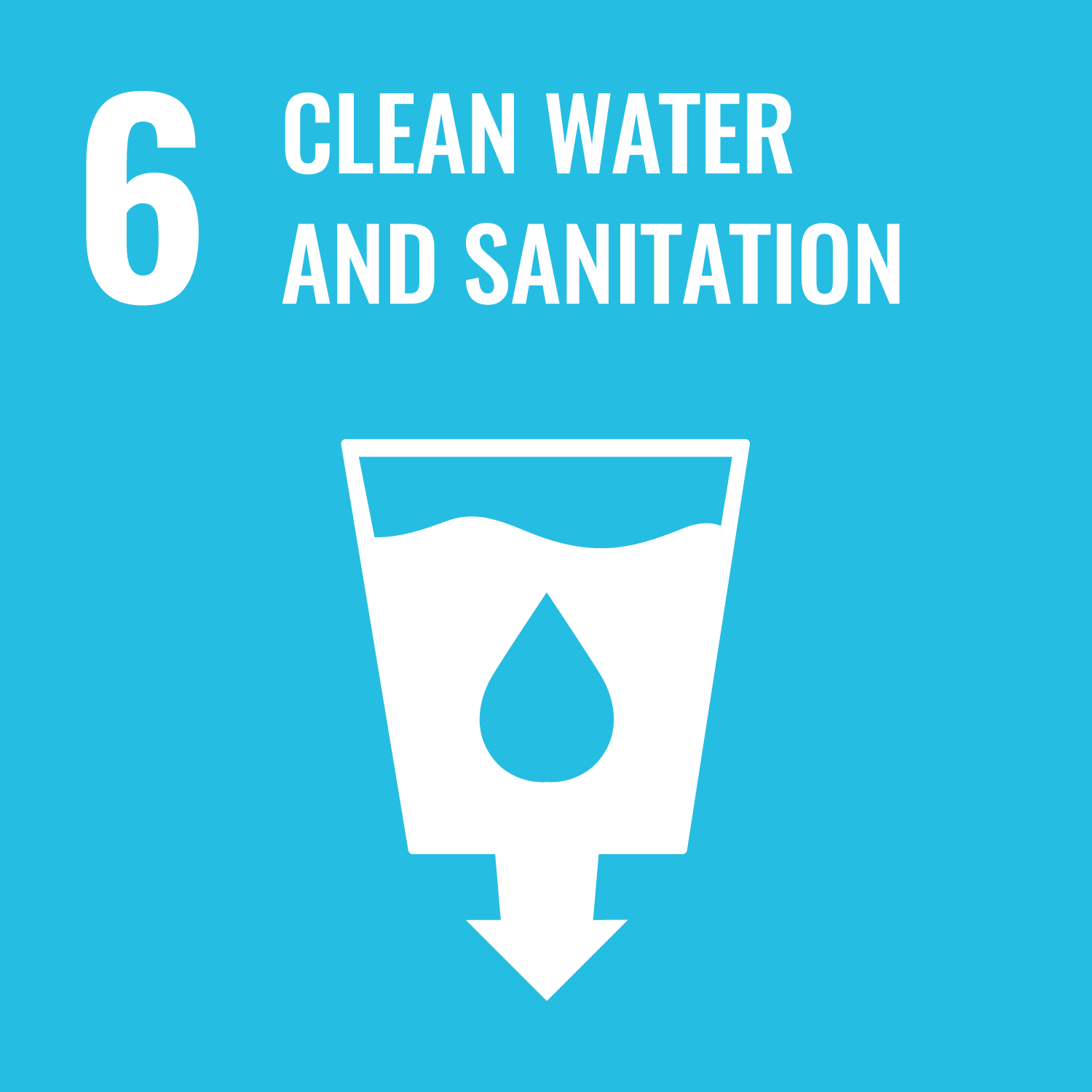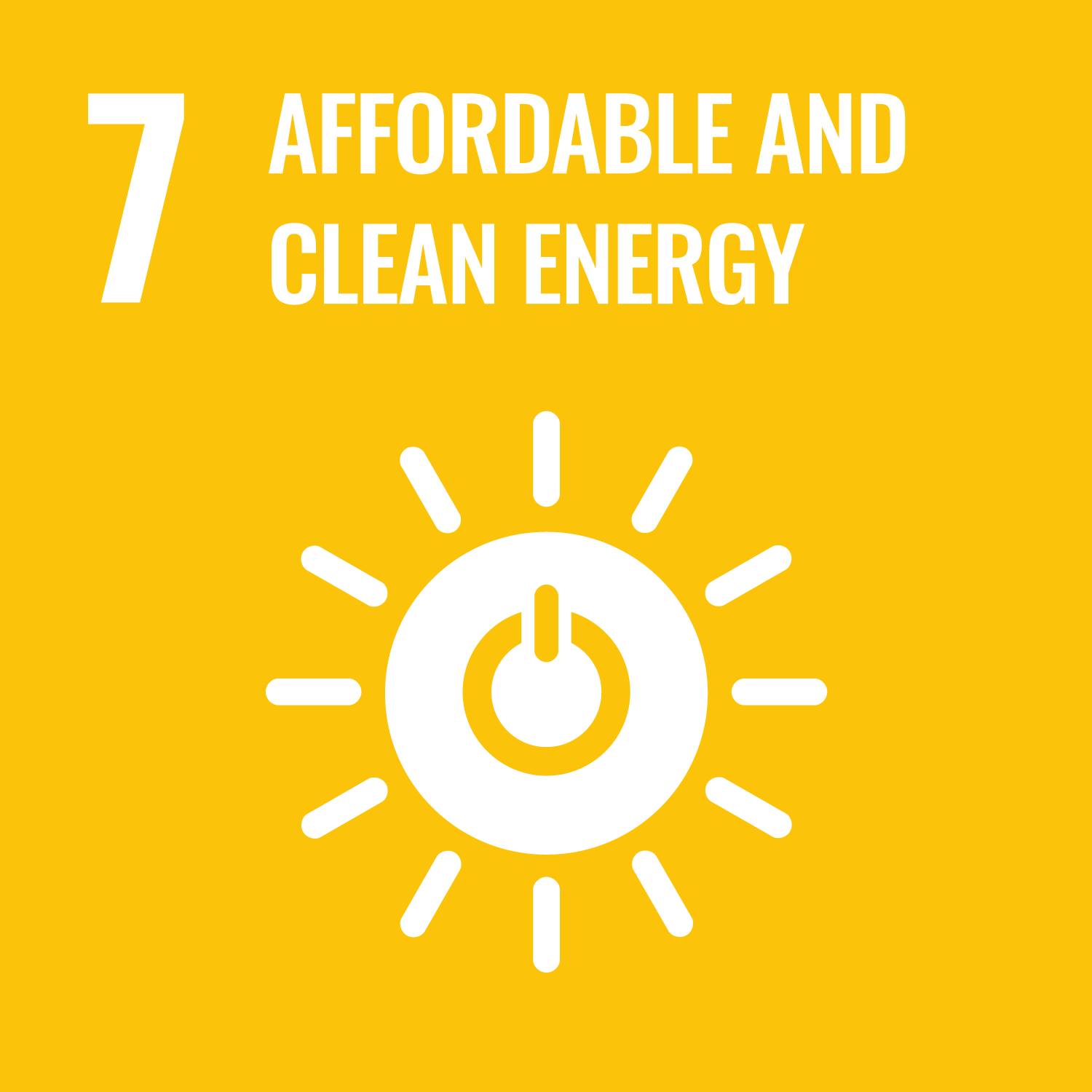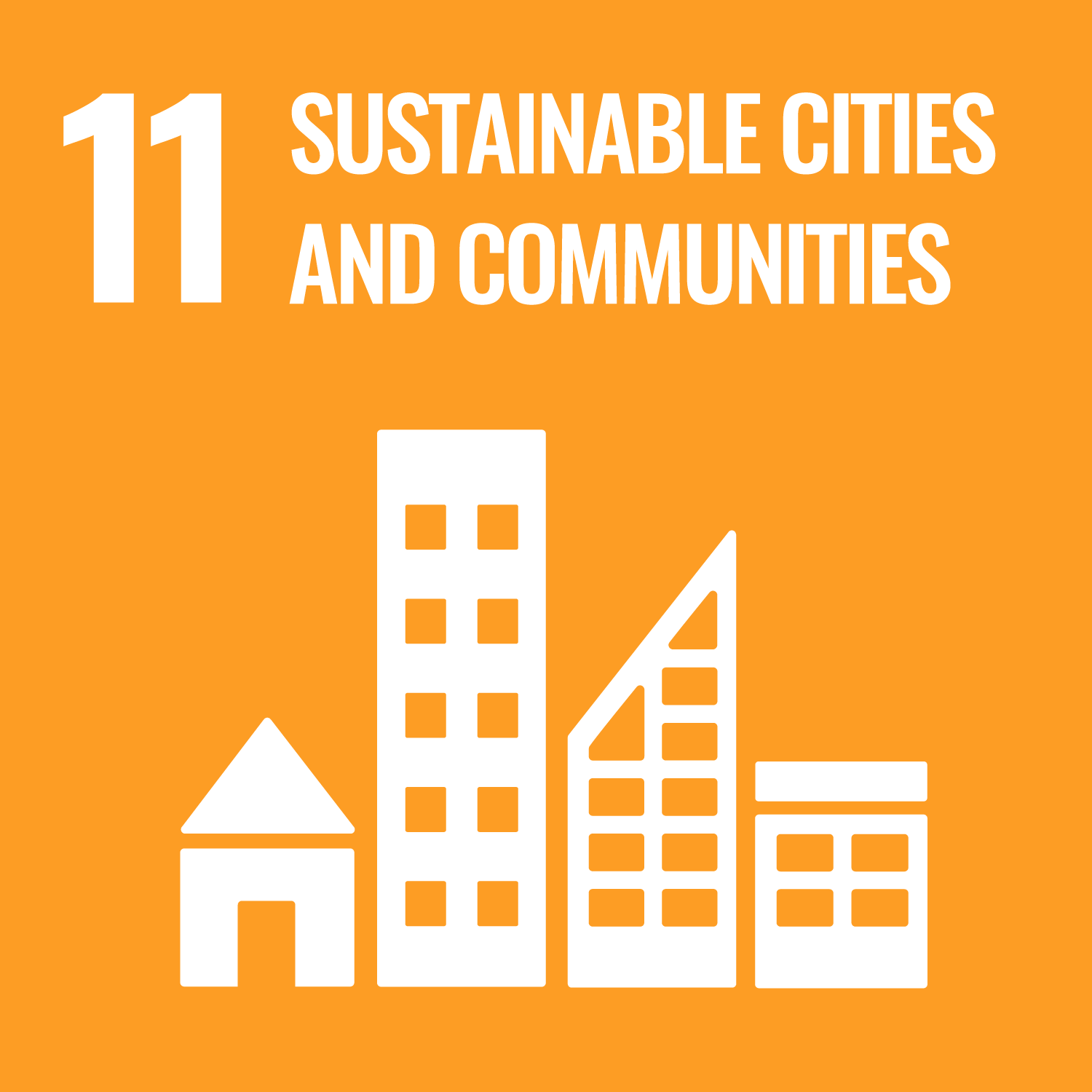Integrated Resource Management in Asian cities: the Urban Nexus
Objective
- Sustainable improvement of the environment and resource situation in the vicinities of the cities
- Strengthening of the relevant actors in the nexus partner cities in cross-sectoral planning competencies through concrete measures (communal nexus management)
- Promoting the nexus approach from national to local level through a multi-level dialogue, widening the current sectoral perspective
- Utilising the Sustainable Development Goals (SDGs) and the “United Nations Human Settlements Programme” (HABITAT III to mainstream the nexus approach into an international reference system
- Promoting peer-to-peer learning formats to strengthen the South-South cooperation
- Reduction of greenhouse gases and the adaption to climate change through resilient housing and redevelopment programmes, the reduction of pollutants through wastewater treatment and peri-urban agricultural production
Description
Within the sectors energy, water and food security (agriculture) the nexus approach aims to plan and manage in an integrated manner utilising synergy effects contributing to a better resource efficiency.
The module objective is as follows: “Nexus concepts are being increasingly taken into account in selected Asian cities and by relevant stakeholders.”
The TC measure operates in up to twelve selected Asian cities in seven countries following a multi-level approach. At communal level the follow-up measure aims to further institutionalise the nexus approach. Regional dialogue formats (workshops, peer-to-peer events) serve as platforms for the partner cities in order to exchange their experiences with the nexus pilot projects and their best practices.
The exchange between the various stakeholders of the measure is being ensured through multi-level dialogue events. These events serve as exchange fora for the local and national level as well as for civil society and science representatives. At regional level, the lead executing agency “United Nations Economic and Social Commission for Asia and the Pacific” (UN-ESCAP) integrates the nexus approach into the debate with the nexus partner countries in order to promote the national implementation of the SDG and/or Habitat III agendas. At implementation level both sections of the “International Council for Local Environmental Initiatives for South East Asia and South Asia” (ICLEI SEA and ICLEI SA) will feed the nexus approach into the debate within their established city networks.
The cooperation with the private sector within the framework of pilot measures and trainings is a key element of the TC measure.
Field of intervention
- waste water to energy, reuse of water, nutrients for agriculture
- waste-to-energy
- reduction of water leakages in water supply system
- energy efficiency of buildings
- climate resilient low cost housing
Targeted beneficiaries
- City government and citizens in South and South East Asia, National entities in the field of energy, water/waste water, solid waste management, natural resource management, housing, provincial governments, private enterprises
Achievements
- 28 cross sectoral & innovative nexus infrastructure projects in the Nexus partner cities elaborated amounting to an estimated investment volume of EUR 300 million.
- 12 infrastructure projects have reached implementation level or are already being implemented. 3 of them have already been implemented (Naga City/2 Low cost Housing Projects, Korat/Energy efficient water pumps).
- Vacuum sewer waste water collection, decentralized treatment facilities as well as Maximum Yield Technology (MYT) for solid waste management considering the recovery and reuse of valuables & land-use dimension introduced.
- The projects, elaborated jointly with the stakeholders such as the local governments as well as the civil society and the private sector, moreover promote the empowerment of the local governments and have increased their knowledge how to handle their infrastructure problems.
- Cross-sectorial composed Nexus Task Forces in the Nexus Partner Cities accompany pro-actively the elaboration of the infrastructure projects.
- In national-subnational-local dialogue forums in the different Nexus countries questions of mandates, technology solutions and decentralization approaches of the Municipalities are discussed regularly and have led to improved mutual understanding and vertical integration.
- Horizontal integration promoting inter-communal cooperation in particular with regards to infrastructure projects requiring economies of scale are increasingly emerging in the area of solid waste management.
- Peer-to-peer learning led to a better mutual understanding of shared problems and solutions.
Publications/Knowledge Products
- Chiang Mai Case Study
- Da Nang Case Study
- Korat Case Study
- Report on Nexus activities in Naga City/Philippines on affordable housing and waste water management concept
- The thermo-technical rehabilitation of public and apartment buildings in Ulaanbaatar / Mongolia
- Water Demand Management in Rajkot – Gujarat, India Mission Report
COUNTRY
ASIA
DURATION
08 March 2016 - 31 July 2019





